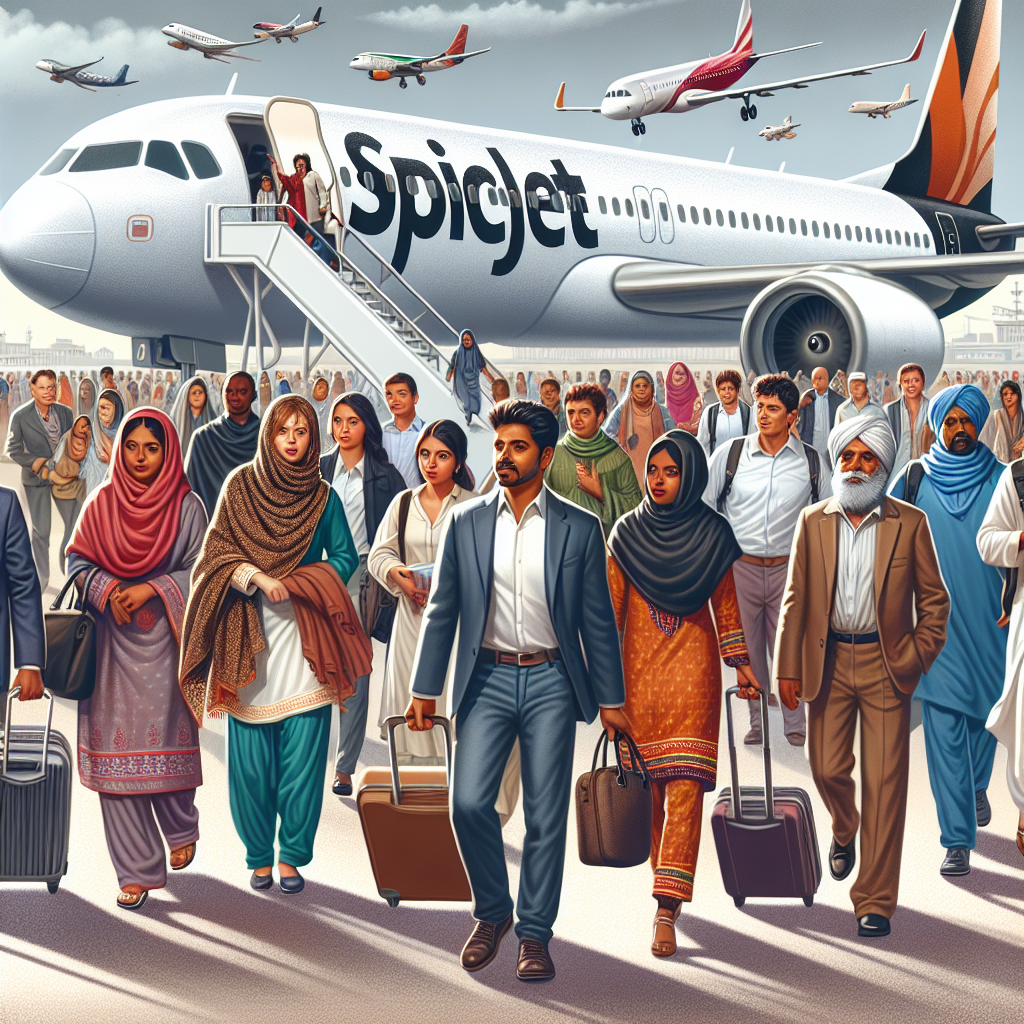1 2 3 Vishwas Bhosale graduated from poetry about love and relationships to the realities of life as he grew older. "I was in Std IV and was scolded by an old woman for entering a temple. That made me realise that my caste was looked down upon.
Over the years, I have seen, heard and felt this discrimination at many levels. That now motivates me to write poetry," he said. Despite working a 12-hour shift as a night watchman and attending classes during the day at Savitribai Phule Pune University , Vishwas finds time to write.

He dreams of pursuing a PhD and a career in writing about rural Maharashtra. Poetry is pouring out of students from rural agrarian belts who have a majority of the seats in Marathi departments of the state's universities. Professors said that these students, sometimes first-generation learners, are getting access to higher education and the topics for research or analysis that were earlier neglected or rarely taken up are now mainstream.
Poetry helps them express themselves and raises awareness about issues often overlooked or ignored and serves as a reminder that there is power in words and that even the smallest voice can have a big impact. At a poetry competition organised by the Marathi department of Savitribai Phule Pune University last year, students recited poems about the vicious cycle of debt, the everyday struggles of a farmer's wife, and the fear of being unemployed. They spoke about women's oppression, grief, struggles and hopelessness and what they said was hard-hitting and reflective of painful experiences.
Head of the Marathi department of SPPU Tukaram Rongate said that these students come from rural backgrounds, mostly from Marathwada, are sometimes first-generation learners and struggle to study due to financial constraints. "Their poems, prose, thesis, and everything is about rural Maharashtra and caste movements. Their literature reflects the socio-economic realities of rural households.
The struggle they have gone through is reflected in the art they create," he added. Kalyani Raut, a student of the Marathi department in SPPU, has been writing poems in Marathi since she can remember. "I want to do a PhD in Marathi.
Right from birth, people from rural areas are afraid of survival. The lack of money makes us lose confidence that people in cities or affluent backgrounds may not understand. There is fear till death and a constant struggle to survive," Raut added.
Kundlik Pardhi, lecturer at the Marathi department, said that students here are among the most meritorious in the state as admission to the department is tough. Many are from reserved categories. Over 90% are from poor families and have studied in Marathi medium schools.
Most appear for competitive exams with the hope of getting a stable job and helping their families. "They have faced discrimination, but Pune gives them a chance to participate in social movements, rallies, and awareness campaigns," Pardhi added. Sunil Awachar, assistant professor of Marathi at the University of Mumbai, said that Marathi literature has seen many shifts.
After the 1960s, there was a revival in dalit sahitya, adivasi sahitya which changed after the 1990s. Globalisation and technological advances also led to poverty and unemployment and the realities of life started coming into Marathi literature. Whatever was neglected or thought of as unfit for mainstream literature is now the topic.
Even the style they write in has changed as have their perspectives, Awachar said. "In our university, 70% students are from rural areas, mainly the Konkan. Though they have 4G network, their problems are still connected to poverty and unemployment.
That reflects in their poetry," he added. Himali Nikam, a third-year student of BA psychology, looks at struggle from a gender perspective. Her poem "Mi fakta jagat hote" (I merely existed) talks about the oppression, neglect, and exploitation of a farmer's wife in rural areas.
Nagpur University's Marathi department has researchers discovering rural writers and women who contributed to literature. "About 80% of our students are from rural Maharashtra. Nowadays, everything is based on reality and there is no romanticizing harsh topics.
When they write, whether it is poetry, prose or a thesis for their PhD or even rap songs, it is about issues and struggles. This is reviving rural literature," Shailendra Lende, HoD of Rashtrasant Tukadoji Maharaj Nagpur University, said. Stay updated with the latest city news , Air Quality Index (AQI), and weather updates for major cities like Delhi , Mumbai , Noida , and Bangalore on Times of India .
.
Health

Across Maharashtra universities, Marathi poetry has new beginnings as rural students bare souls
















